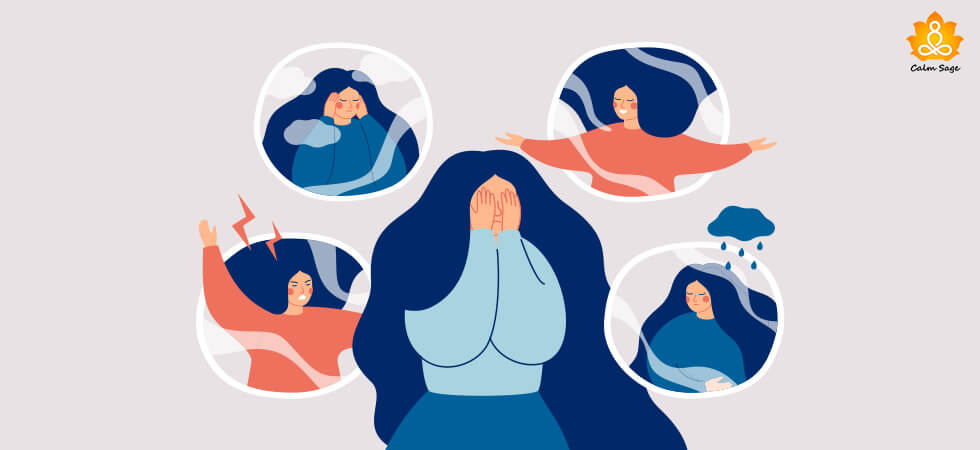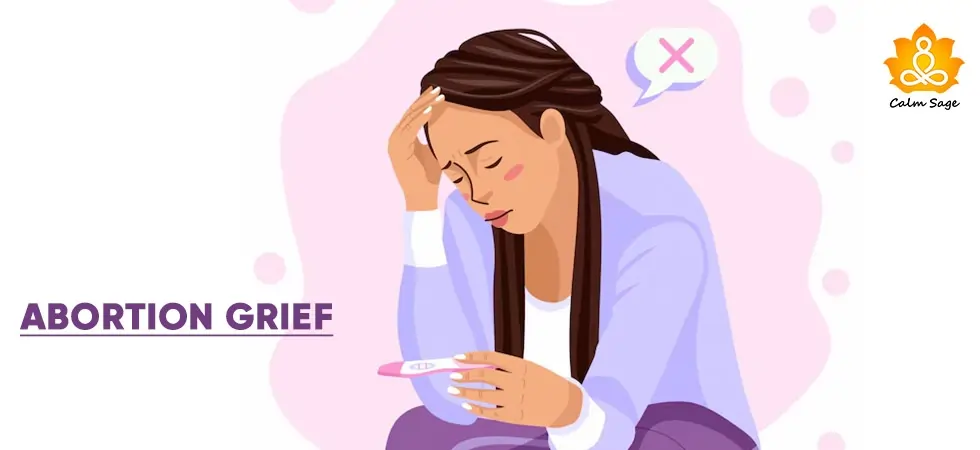What Is Hypomania: Causes, Symptoms & Treatment

Quick Facts:
- Hypomania is the milder form of mania which describes overactive behavior, capable of impacting day to day life.
- Those who have bipolar disorder have higher chances of showing symptoms of hypomania.
- Psychotherapy, recommended medications and lifestyle changes are provided to treat hypomania.
What Is Hypomania?
Hypomania denotes an active mindset which affects mood, energy, behavior and thoughts to a great extent. The person experiencing it has unusual excitement and irritability and can even show signs like talking excessively, easy distraction, reduced sleep, intense focus on one activity or restlessness.
People suffering with bipolar disorder II may experience hypomania as well as depressive episodes during mood fluctuations.
Related: Relax Yourself: Here’re Natural Home Remedies For Good Sleep
What Are The Symptoms Of Hypomania?
- Inappropriate behavior such as throwing critical remarks at someone.
- Showing hypersexual behavior, demanding inappropriate sexual advances, engaging in affairs and addicted to pornography.
- Doesn’t complete the sleep cycle.
- Spend recklessly on things that are not easily affordable.
- Quick jumping from one topic to another
- Excessive aggressiveness or hostility towards others.
- Taking risks in life more than required.
- Talking very frequently and quickly that words do not even complete
- Having a very racing mind where thoughts jumble between new ideas and plans
Hypomania symptoms vary from one person to another and include characteristics like:
Moreover, the person doesn’t realize the changes by oneself and may need help from their loved ones to get themselves diagnosed.
What Are The Causes Of Hypomania?
Although bipolar disorder could be a potent reason for hypomania, other causes include:
- Side effects of certain medications
- Alcohol or drug abuse
- Lack of proper sleep
- Depression
- Excessive stress
It is also possible that family history, where a person has bipolar disorder, can send symptoms of hypomania in the future generation. A chemical imbalance can increase the risk of hypomanic episodes not only in the person itself but also in next generations.
Diagnosis Of Hypomania
To find an appropriate diagnosis of the condition, it is required that you take an appointment with a medical expert. The doctor will try to understand your medical history and may even recommend physical examination. It is advised that you open your history of drugs or alcohol consumption to the doctor and get the proper recovery cycle started.
It is also possible that a doctor can diagnose you with some other disorder due to misinformation or half-information, so better be open about everything as asked during diagnosis.
How Is Hypomania Different From Mania?
Mania |
Hypomania |
| Mania shows extreme episodes | Hypomania is a milder version of mania and has comparatively less extreme symptoms. |
| The episode can last for a few weeks and longer. | The episode can last for a few hours to a few days. |
| May even lead to hospitalization | Doesn’t lead to hospitalization |
Treatment & Coping Mechanisms For Hypomania
Hypomania must be treated as soon as diagnosed or else it may lead to abrupt changes in mood and may even lead to serious long-term consequences. Here are some coping mechanisms including:
- Self-education: Once the person is educated about the behavioral changes he is showing and dealing with, he or she becomes aware of the triggers and may try to control it.
- Mood Tracker: Keeping a mood tracker in your phone or maintaining a diary for the same helps in understanding the reasons and episodes of hypomania.
- Exercises & diet: It is utmost important to maintain physical health by indulging in exercises at least 4 times a week, consuming proper meals, and avoiding the consumption of drugs and alcohol.
- Trusted friend circle: A friend or family circle who can understand your situation and guide you in tough times is no less important. Don’t hesitate to ask for help from them whenever required.
Also Read: Top 10 Online Therapy and Counseling Programs 2021
The treatment can include psychotherapy as well as medications which may have mood stabilizers as well as antidepressants. If you are planning to make any changes in your treatment of hypomania, make sure that you inform your doctor beforehand so that any side effects could be controlled.
Wrap-Up
Preventing hypomania might not be in our hands but its treatment and coping mechanisms are definitely in our control. If you or your loved ones are going through hypomanic episodes often, better ask for help today to a professional psychologist by either visiting them or dropping us a message at info@calmsage.com.





















What triggers hypomania?